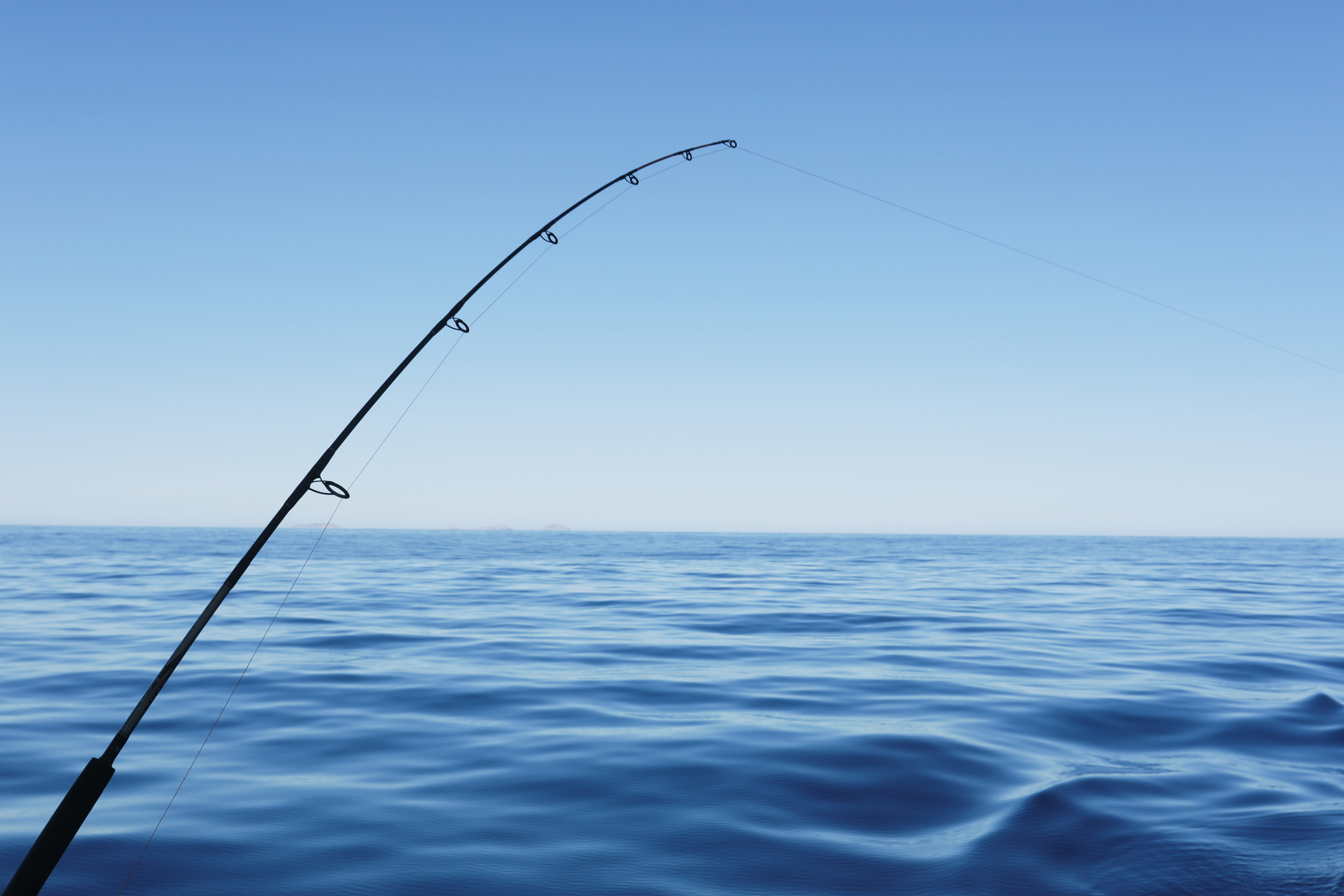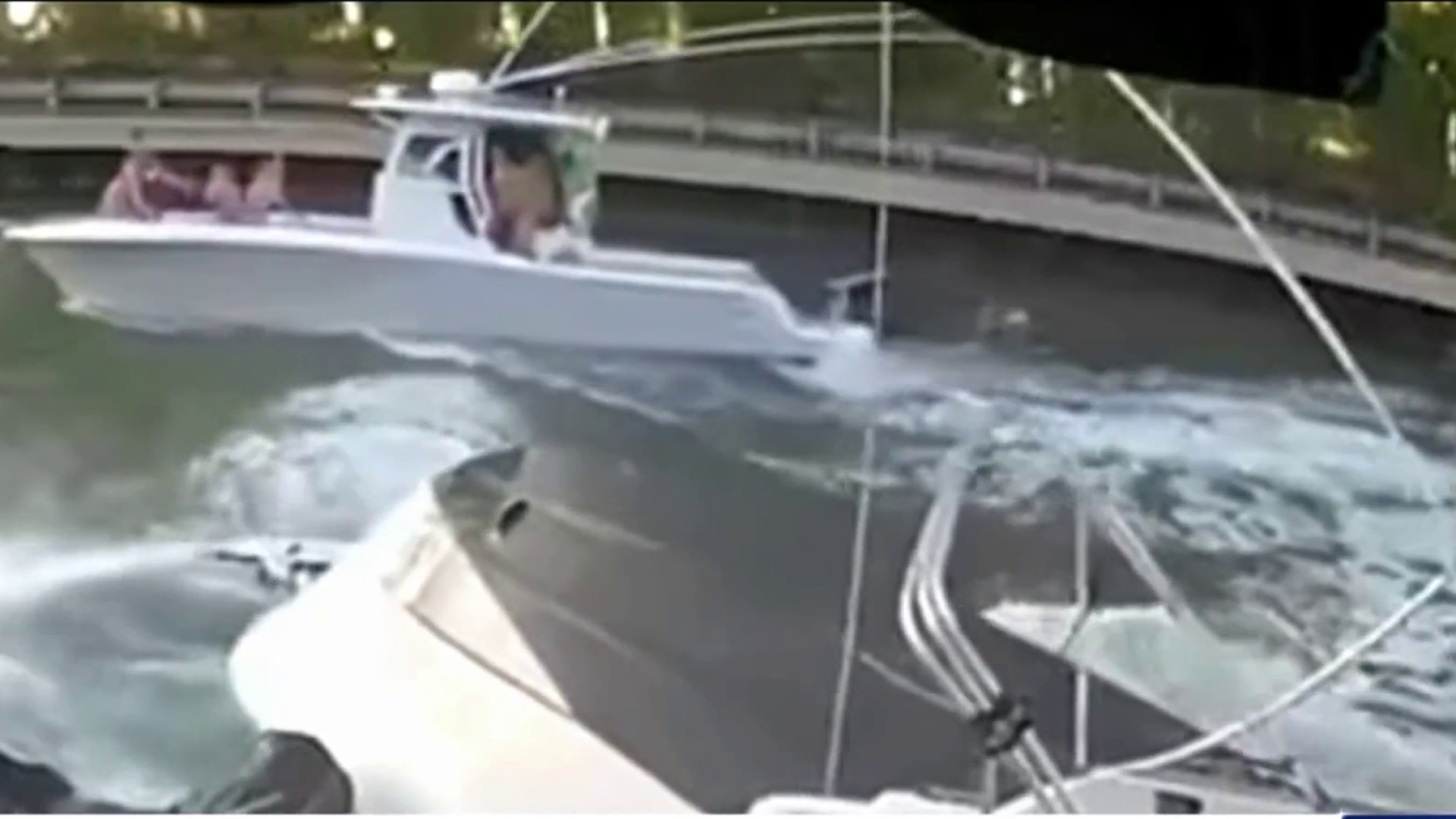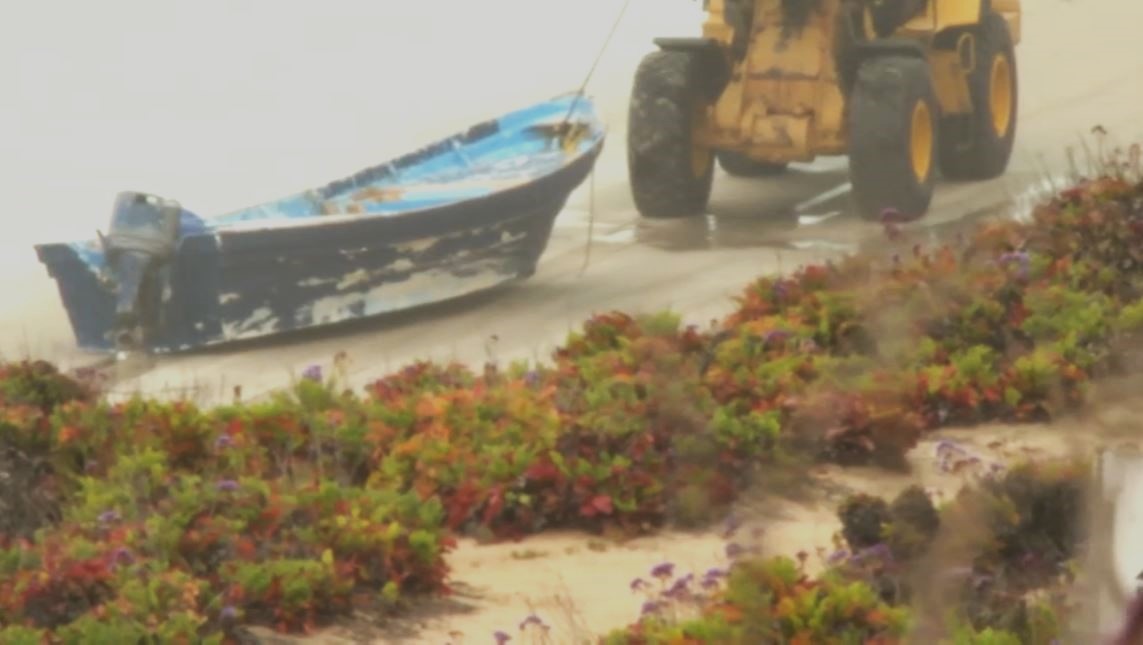Tragedy on the Lake: 3 Dead in Alabama Boat Crash
Tragedy Strikes: 3 Dead in Alabama Fishing Tournament Boat Crash
Introduction: A Day of Sorrow on Lewis Smith Lake
Wednesday morning began with a shadow over the Tackle Warehouse Invitational fishing tournament on Lewis Smith Lake in Alabama. What should have been a day of competition and camaraderie quickly turned into a scene of unimaginable grief. A devastating boat crash claimed the lives of three individuals, leaving the fishing community and their loved ones reeling. This tragedy serves as a stark reminder of the inherent risks involved in boating activities, even in the context of a professionally organized event.
The Incident: A Collision at Dawn
The Alabama Law Enforcement Agency (ALEA) reported that the fatal collision occurred at approximately 7:03 a.m. The incident involved a Nitro Bass Boat and a Center Console boat. The details emerging from the investigation paint a picture of a sudden and violent impact. The Nitro Bass Boat reportedly struck the Center Console boat, resulting in catastrophic consequences. But what exactly caused this devastating collision? Was it a navigational error, a mechanical malfunction, or perhaps an unforeseen circumstance?
The Victims: Names and Faces of Loss
The ALEA has identified the three victims as Joey M. Broom, 58; John K. Clark, 44; and Jeffrey C. Little, 62. All three were occupants of the Center Console boat. Clark and Little were tragically thrown overboard and drowned as a result of the impact. Broom succumbed to injuries sustained in the crash. Our hearts go out to their families, friends, and the entire fishing community who are mourning this profound loss. These weren’t just names; they were individuals with passions, families, and futures cut short in an instant.
Major League Fishing's Response: A Community in Mourning
Major League Fishing (MLF), the organizer of the Tackle Warehouse Invitational, released a statement expressing their deepest condolences. “Our thoughts, prayers, and deepest concern are with everyone affected by this tragic incident,” MLF stated. The organization has understandably suspended the tournament and is cooperating fully with the ongoing investigation. This is a moment that will undoubtedly resonate within the MLF organization for a long time to come.
The Investigation: Seeking Answers and Closure
Troopers with ALEA’s Marine Patrol Division are actively investigating the circumstances surrounding the boat crash. They are meticulously gathering evidence, interviewing witnesses, and analyzing the wreckage to determine the cause of the collision. The goal is to provide answers to the grieving families and prevent similar tragedies from occurring in the future.
Lewis Smith Lake: A Popular but Potentially Perilous Destination
Lewis Smith Lake is a popular destination for boating and fishing enthusiasts in Alabama. Its sprawling waters and abundant fish population draw visitors from near and far. However, its size and varying water conditions can also pose challenges. Is the lake adequately equipped with safety measures and navigational aids to prevent accidents?
Boating Safety: A Constant Vigilance
This tragedy underscores the critical importance of boating safety. Operating a boat requires skill, awareness, and a constant vigilance to potential hazards. Speed, visibility, and weather conditions can all play a significant role in boating accidents. It is a reminder that even experienced boaters must prioritize safety at all times.
Preventative Measures: What Can Be Done?
What steps can be taken to prevent similar tragedies from occurring in the future? Stricter enforcement of boating regulations, increased boater education programs, and improved navigational aids could all contribute to safer waterways. We must collectively examine what can be done to minimize the risk of boating accidents.
The Role of Tournament Organizers: Ensuring Safety
Tournament organizers bear a responsibility to prioritize the safety of participants. This includes ensuring that all boats meet safety standards, providing pre-tournament safety briefings, and having emergency response plans in place. Can tournament organizers do more to mitigate the risks associated with competitive boating events?
The Impact on the Fishing Community: A Shared Sense of Loss
The fishing community is a tight-knit group, and the loss of these three individuals will be felt deeply by anglers across Alabama and beyond. This tragedy serves as a reminder of the inherent risks involved in the sport and the importance of supporting one another during times of grief.
The Legal Ramifications: Potential Lawsuits and Liability
In the aftermath of the boat crash, legal questions will inevitably arise. Who is responsible for the accident? Were there any negligent actions that contributed to the collision? Potential lawsuits and liability claims could follow as the families of the victims seek justice and compensation for their losses.
The Emotional Toll: Grief, Trauma, and Healing
The emotional toll of this tragedy will be significant for the families, friends, and the wider community. Grief, trauma, and a sense of loss will linger long after the investigation is complete. It is essential to provide support and resources to those who are struggling to cope with the aftermath of this devastating event.
Remembering the Victims: Honoring Their Memory
The best way to honor the memory of Joey M. Broom, John K. Clark, and Jeffrey C. Little is to learn from this tragedy and work towards creating safer boating conditions for everyone. Let their lives be a testament to the importance of safety, responsibility, and a deep appreciation for the beauty and fragility of life.
A Call to Action: Prioritizing Boating Safety
This tragedy should serve as a call to action for all boaters, tournament organizers, and regulatory agencies. We must prioritize boating safety, promote responsible boating practices, and work together to prevent similar incidents from occurring in the future. Let's transform our collective grief into a catalyst for change.
The Long-Term Impact: A Shift in Perspective
This boat crash will undoubtedly have a long-term impact on the fishing community and the way boating events are conducted in Alabama. A renewed focus on safety, increased awareness of potential hazards, and a deeper appreciation for the value of life may emerge from this tragedy. Will this incident lead to meaningful changes in boating regulations and safety protocols?
Conclusion: Lessons Learned and a Path Forward
The tragic boat crash on Lewis Smith Lake serves as a somber reminder of the inherent risks associated with boating activities. The loss of Joey M. Broom, John K. Clark, and Jeffrey C. Little is a profound blow to their families, friends, and the entire fishing community. While the investigation continues to determine the exact cause of the collision, it is clear that boating safety must remain a top priority. By learning from this tragedy, promoting responsible boating practices, and working together to create safer waterways, we can honor the memory of the victims and prevent similar incidents from occurring in the future. May their memories be a blessing and a catalyst for positive change.
Frequently Asked Questions
Q1: What caused the boat crash on Lewis Smith Lake?
The Alabama Law Enforcement Agency (ALEA) is still actively investigating the cause of the boat crash. They are gathering evidence, interviewing witnesses, and analyzing the wreckage to determine the factors that contributed to the collision.
Q2: What safety measures are in place for fishing tournaments like the Tackle Warehouse Invitational?
While specific safety measures vary depending on the tournament organizer, common practices include pre-tournament safety briefings, boat inspections, emergency response plans, and communication protocols. However, the effectiveness of these measures is always under scrutiny following such tragedies.
Q3: What can boaters do to improve their safety on the water?
Boaters can enhance their safety by wearing life jackets, taking boating safety courses, being aware of weather conditions, avoiding alcohol or drug use, maintaining their boats properly, and following all boating regulations.
Q4: What resources are available for families who have lost loved ones in boating accidents?
Grief counseling, support groups, and legal assistance are available to families who have experienced the loss of loved ones in boating accidents. Organizations like the American Red Cross and local community centers can provide valuable resources.
Q5: Will the boat crash impact future fishing tournaments on Lewis Smith Lake?
It is likely that the boat crash will lead to increased scrutiny of safety protocols for future fishing tournaments on Lewis Smith Lake. Tournament organizers may implement stricter regulations and enhanced safety measures to mitigate the risk of similar incidents.


